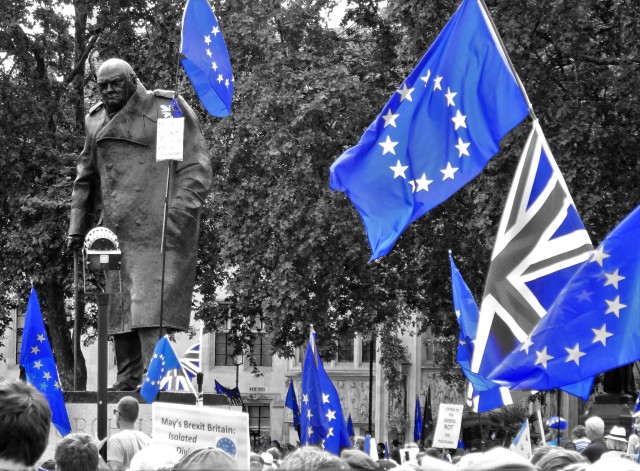
by Allan F. Tatham, Professor at Facultad de Derecho, Universidad San Pablo CEU
▪
Background
In the present context of the COVID-19 pandemic, with its impact on the health, economic and social systems of states around the world, it appears somewhat trivial in comparison for the UK and the EU to be still pursuing agreement in the post-Brexit negotiations. On 18 March, the Union published its draft legal agreement for the future EU-UK partnership, in accordance with its 2020 Negotiating Directives and the 2019 Political Declaration of the parties. And while, by then, the UK had not presented a comparable document, its approach to the negotiations had been published on 27 February. From these sources, it would be fair to draw the conclusion that there remain many outstanding issues that need to be discussed and resolved. Among them the maintenance of a “level-playing field” to ensure fair competition and protection of standards; fisheries; financial services; security and police matters; and the role of the Court of Justice of the European Union or another mechanism for resolving disputes under a Comprehensive Free Trade Agreement (CFTA). Even the negotiating styles are different, with the UK seeming to display a sort of “pick-and-mix” approach – essentially using as precedents different provisions selected from various agreements (that the EU has already concluded with other third countries), collecting them together and then arguing for their inclusion in the CFTA.
Given these real challenges, the onset of the pandemic appeared initially to have caused only ripples on the surface of the negotiations. In fact, the UK desired to portray a “business-as-usual” approach to the negotiations and so to “carry on regardless” with them through video conferencing. Moreover, shortly before he himself was quarantined and hospitalised for the virus, the British Prime Minister Boris Johnson in his daily coronavirus press briefings was continuing to repeat the mantra of sticking to the 31 December deadline. Only with Michel Barnier’s diagnosis with the virus, the need for more officials on both teams to self-isolate and the recognised limitations to video-conferencing, were the negotiations suspended at the end of March 2020.
Continue reading “Time for a Little More Time? Post-Brexit Trade Negotiations and the Current Pandemic”








